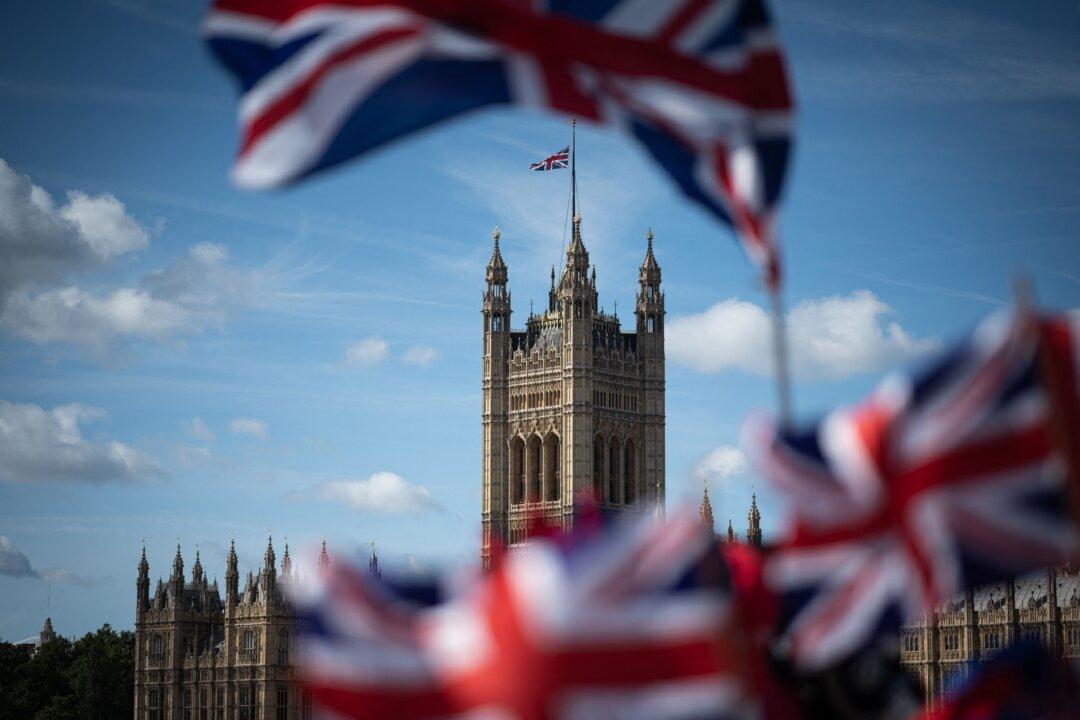The UK has taken a series of measures to reduce the threat posed to Taiwan by the regime in Beijing and its expansionist ambitions in the Asia–Pacific region, with British Prime Minister Rishi Sunak calling the Chinese Communist Party (CCP) an “epoch-defining and systemic challenge.”
On March 13, the British government updated its foreign policy document, Integrated Review (pdf). The report consciously distinguishes between the CCP and China, setting out how the UK will adjust its China policy to address the CCP’s increasingly worrying military, financial, and diplomatic initiatives and the “epoch-defining challenge” it poses.





